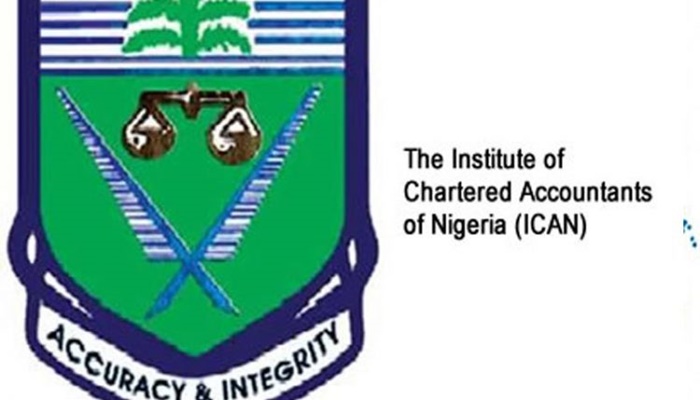CAN amendment bill, encroachment into other professional bodies’ statutory obligations
The proposed ICAN amendment bill, ‘a bill for an Act to amend the Institute of Chartered Accountants of Nigeria Act 1965, CAP. I11, LFN, 2004, sponsored by Hon. Abubakar Yunusa Ahmad, to address emerging trends in the Nigerian economic environment and for related matters (HB 1178)’ aimed at empowering the Institute to regulate its members to practice accounting and taxation, among other professions, has been described as an encroachment into the statutory obligations of other professional bodies.
The Chartered Institute of Taxation of Nigeria (CITN), Institute of Chartered Secretaries and Administrators (ICSAN), Association of Forensic Accounting Researchers (AFAR), Taxpayers’ Rights Initiative, were among the professional bodies that took this position during the Public Hearing of the House of Representatives Committee on Finance on Tuesday, February 2, 2022, on the Institute of Chartered Accountants of Nigeria Act, 1965 (Amendment) Bill, 2020.
In the course of his presentation, the Legal Adviser of the Chartered Institute of Taxation of Nigeria, Mr Chukwuemeka Eze, cited the CITN Act No. 76 of 1992, which in its section 1 empowers the CITN to regulate and control the practice of taxation in all its ramifications.
“The Bill has brazenly included tax practice in section 21 (which introduces a new Section 15 to the Principal Act) of the ICAN Bill that “a Chartered Accountant shall be entitled to practice or hold himself out to practice as an Auditor, a Reporting Accountant, Financial Accounting and Corporate Reporting Services Practitioner, Financial Management Practitioner, Corporate Services Practitioner, Governance Risk and Compliance Services Practitioner, Tax Practitioner.
“Section 28 of the Bill (amending Section 19 of the Principal Act) defines “Accountancy practice” as including “auditing, reporting accounting, investigations and forensic accounting, Financial Accounting and Corporate Reporting Services, Financial Management Services, Management Consultancy Services, Corporate Services, Governance Risk and Compliance Services, tax practice, accounting information systems practice, insolvency practice including receivership and liquidation, financial advisory,” he said.
Eze postulated that the proposed bill would be akin to having a dual regulator (a primary regulator, that is CITN and a secondary regulator, that is ICAN) to regulate taxation practice.
According to him, this amounts to an aberration, which will cascade to into legislative confusion.
Eze disclosed that on the dispute between CITN and ICAN, CITN was victorious at the High Court, and Court of Appeal in 2007.
He further explained that ICAN eventually succeeded all the way till the parties entered into tripartite Memorandum of Understanding (MoU) on May 31, 2021.
In his own remarks, Prof. Muhammad Mainoma, Chairman, Board of Trustees of the Association of Forensic Researchers, said that the bill would inflict injury to other professions.
Mainoma explained that every profession though has residual knowledge in other professions but that does not give such a profession the right to practice the other profession.
He noted that on this basis, sections 21 and 28 should be expunged from the bill in order to engender inter-Institutional harmony.




